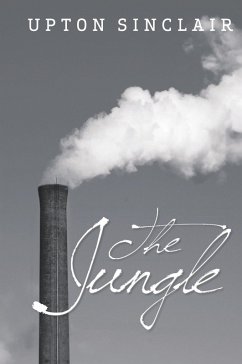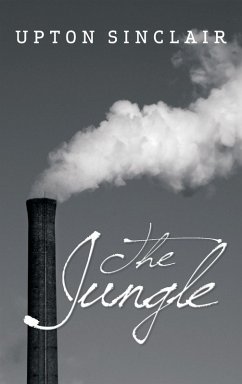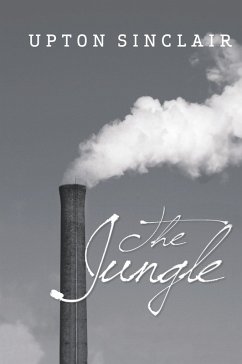
The Jungle
Versandkostenfrei!
Versandfertig in 1-2 Wochen
30,99 €
inkl. MwSt.

PAYBACK Punkte
15 °P sammeln!
Upton Sinclair (1878 - 1968) wrote over 90 books in several genres. He was considered to be a leading social advocate. The Jungle, published in 1906, is a grim account of the deplorable conditions in the Chicago meatpacking industry circa 1900, as seen through the eyes of Lithuanian immigrant Jurgis Rudkus. When first published, the novel aroused the indignation of the American public and forced government investigations that led to the passage of pure food legislation. The novel contains some violence.












